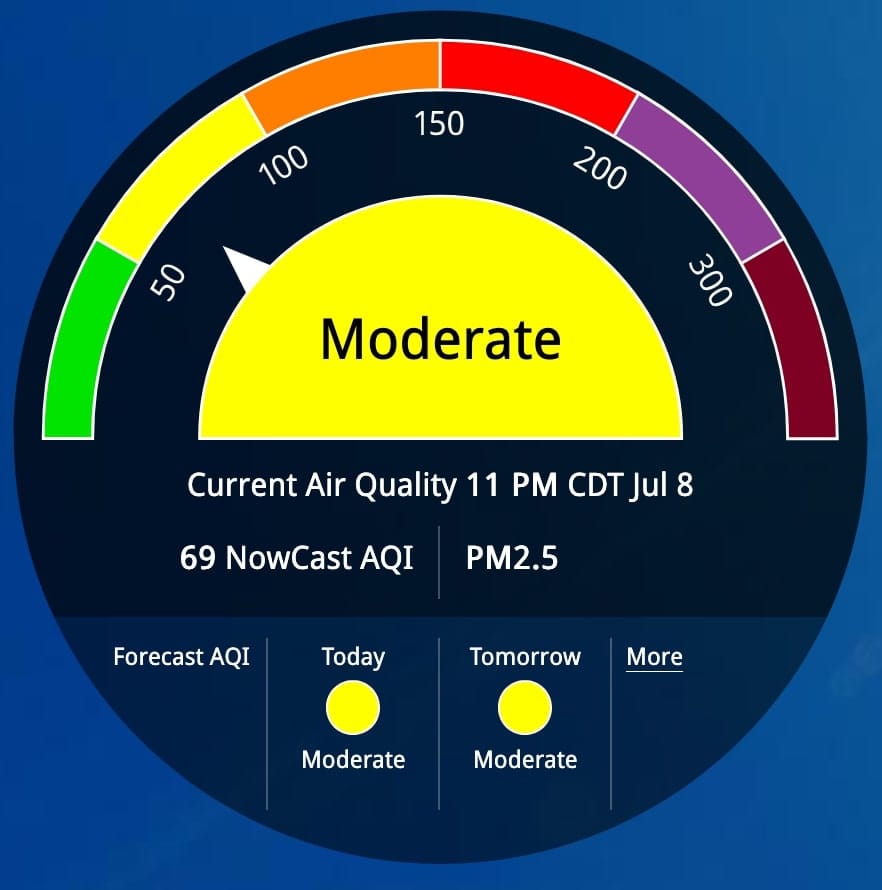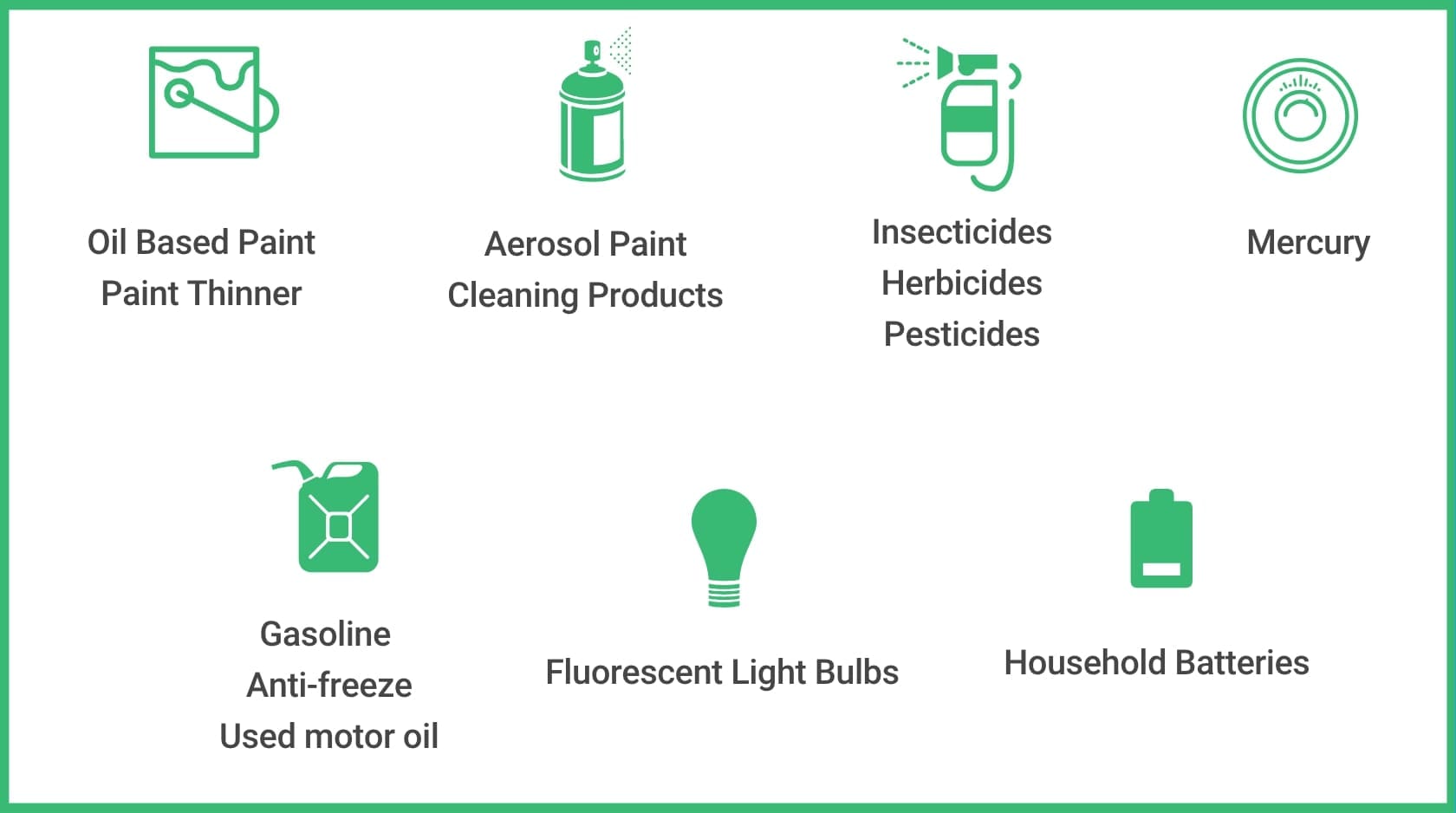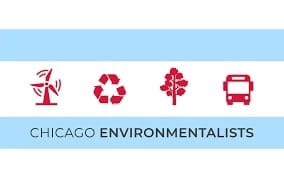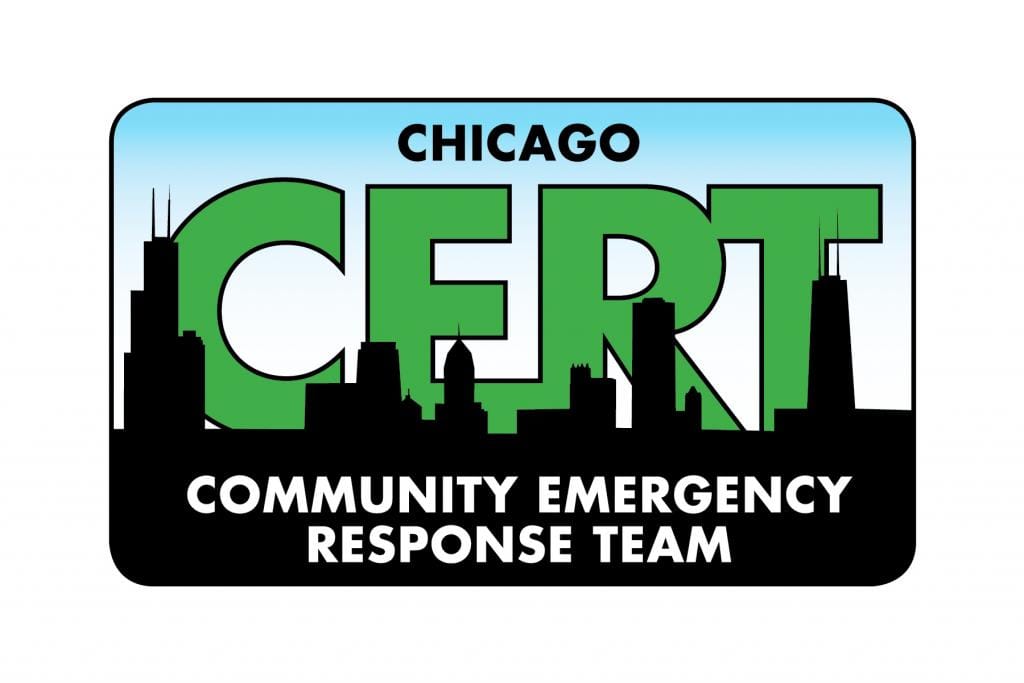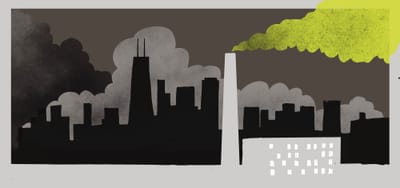Resources and Actions: The Environment

Local Environmental Risk Assessments

Water Safety Assessments
Lead is very dangerous to human health. For children, lead exposure can cause life-long health effects, including affecting IQ, focus and academic achievement. Drinking water is a potential source of lead in homes.
- Water Testing: If you have a lead pipe water service and are concerned about elevated lead levels in your water, the City of Chicago will mail you a free Water Lead Test Kit with instructions that can be requested in multiple languages. Alternatively, you can request a Water Lead Test Visit to have a trained technician perform the test for you.
- Identify Lead Pipes: In some cases, lead can enter drinking water through buried pipes that come into your home. The U.S. Environmental Protection Agency (US EPA) provides a guide to help determine if you have a lead service line bringing water into your home, tips to reduce lead exposure and resources to learn more.
- Consumer Guide to Water Filters: To reduce exposure to lead in drinking water, consumers can use a drinking water filter. The US EPA provides a guide to choosing filters certified to remove lead.
AirNow allows you to check air quality by zip code. It also provides a mobile app for quickly checking current and forecast air quality information for planning daily activities and protecting your health.
Asthma and Allergies
The Asthma and Allergy Foundation of America (AAFA) is dedicated to improving the quality of life for people with asthma and allergic diseases. It provides a host of resources:
- Improve indoor air quality by controlling indoor allergens and spring cleaning for an asthma and allergy friendly home
- Information about air pollution and asthma
- Plans to manage food allergies
Household Hazardous Waste Disposal
The Illinois Environmental Protection Agency (IEPA) provides a list of local household hazardous waste collection events and disposal sites.
File Environmental Complaints and Concerns
The Chicago Department of Public Health (CDPH) protects public health and the environment by addressing air, water and land threats throughout the city. Staff respond to complaints, inspects sites and facilities and enforce environmental laws.
You can make an environmental complaint by calling 3-1-1, using the Chi311 mobile app or online. The website explains which issues the environmental inspectors respond to and the steps of the complaint process.
The Illinois Attorney General's Environmental Enforcement Division and Environmental Crimes Bureau enforce the state's environmental laws by prosecuting polluters and holding them responsible for their actions.
The office welcomes questions, comments and expressions of concern from Illinois citizens about environmental issues that affect them.
Members of the public may call (312) 814-2550 or send emails to ej@ilag.gov, a dedicated account monitored by the Environmental Enforcement Division.
Local Sustainability
The Chicago Environmentalists provide a directory of resources for living sustainably in the Chicago area, including:
- An interactive map of local sustainable shops, zero waste stores, recycling centers, food waste dropoffs, love fridges and more
- A list of Chicago's sustainable shops, zero waste stores, refill stores and other locally owned sustainable businesses and organizations
Disaster and Emergency Preparations
Ready.gov (an official U.S. government website) provides advice and resources for disaster and emergency preparations:
- Checklists for building a disaster kit
- Low and no cost actions to take for preparation
- Plans to care for your pet in case of disasters
- Preparations for people with disabilities, older adults, caregivers and children
- Games and materials for children to learn about disasters and information to help before, during and after disasters
- Advice and toolkits for businesses to be prepared for, and recover from, disasters
The City of Chicago's Community Emergency Response Team (CERT) program offers members of the public an opportunity to learn basic hands-on disaster response techniques and life-saving skills to utilize in their own homes and neighborhoods.
CERT members train for a minimum 27 hours of classroom (portions online at your own pace) and three hours hands-on practical skills in the following areas before becoming a registered volunteer:
- Disaster preparedness
- Fire safety & utility controls
- Light search and rescue
- Team organization
- Disaster psychology
- Terrorism response
- Disaster medical operations
Upon completion of the class, participants have the option to become a Chicago Citizen Corps CERT volunteer and assist professional emergency services in various deployments.
Educational Resources
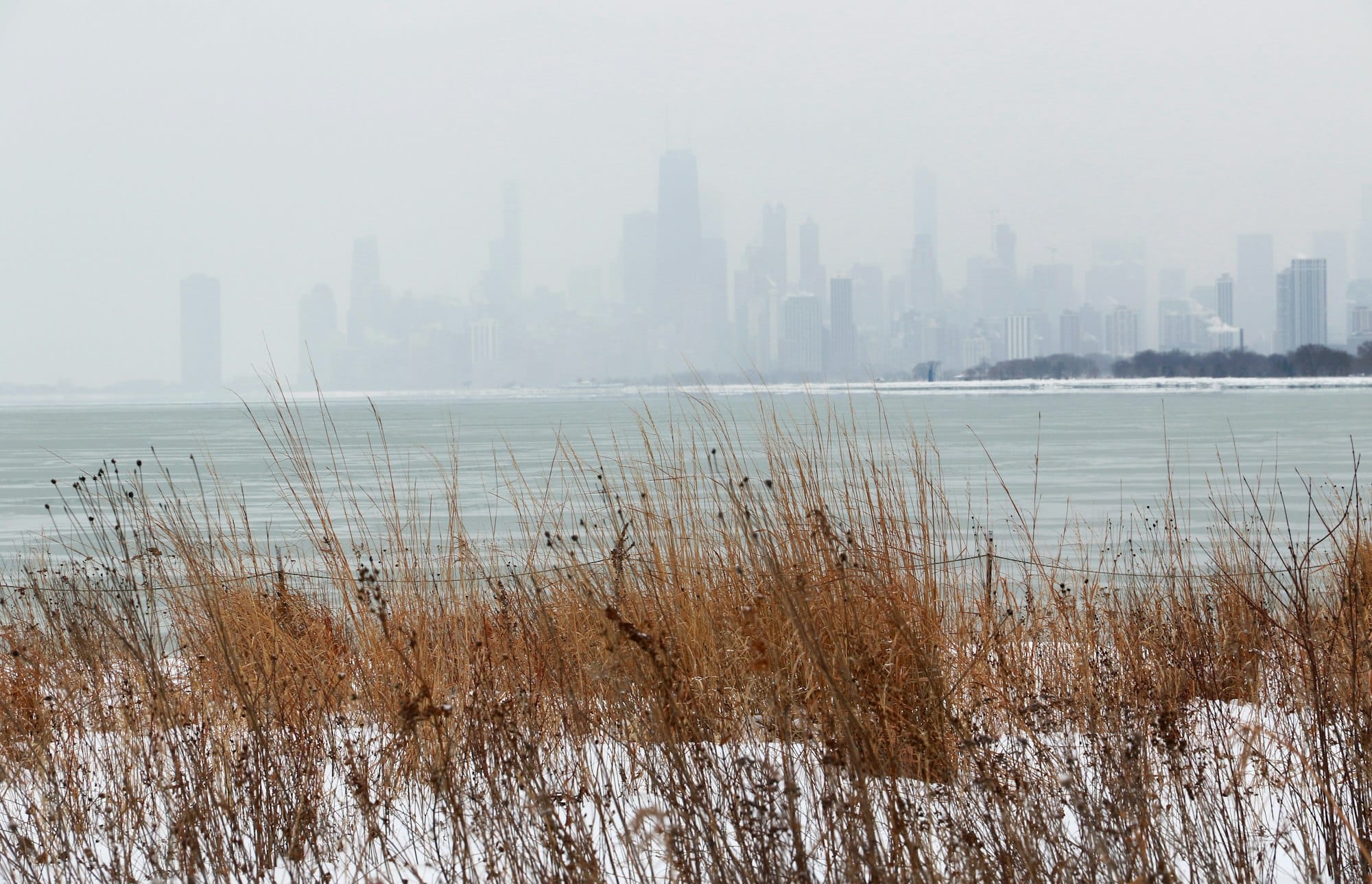
- Reducing Trash: Environmental Pathways provides a curriculum unit on what to do with trash, considering daily trash disposal decisions and what happens to disposed items. The unit culminates in a student-developed action plan and a plan for a waste management community information event.
Additional Actions
Join the Chicago Group of the Sierra Club to:
- Advocate for improvements in public transit, biking and pedestrian safety.
- Work with Alderpeople to advocate for environmental and progressive legislation in City Council.
- Volunteer to connect youth who have limited access to the outdoors with nature outings that promote exploration, wellness and leadership.
- Work to keep Chicago area waterways clean and enjoyable for all.

Additional Actions:
- AirNow provides a list of actions every one of us can take to reduce air pollution and keep the air cleaner, plus precautionary measures you can take to protect your health.
- The US EPA provides ways to reduce pollution from vehicles and engines.
- Try making a DIY indoor air purifier (YouTube video).
- Join the Chicago Environmentalists Cleanup Club to tackle Chicago’s litter pollution problems through cleanups, city outreach,
and promoting waste reduction.
Read Stories about Local Environmental Activists by Amplify:
Subscribe to our newsletter.
Be the first to know - subscribe today


